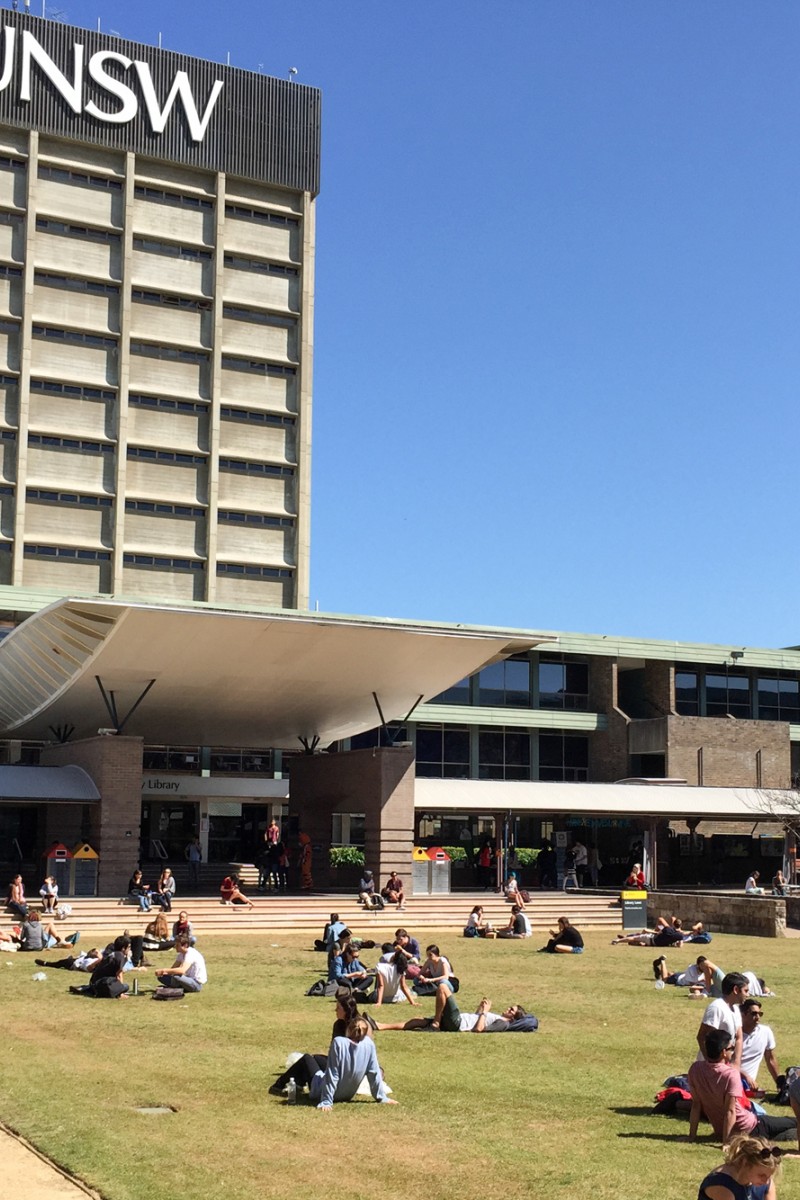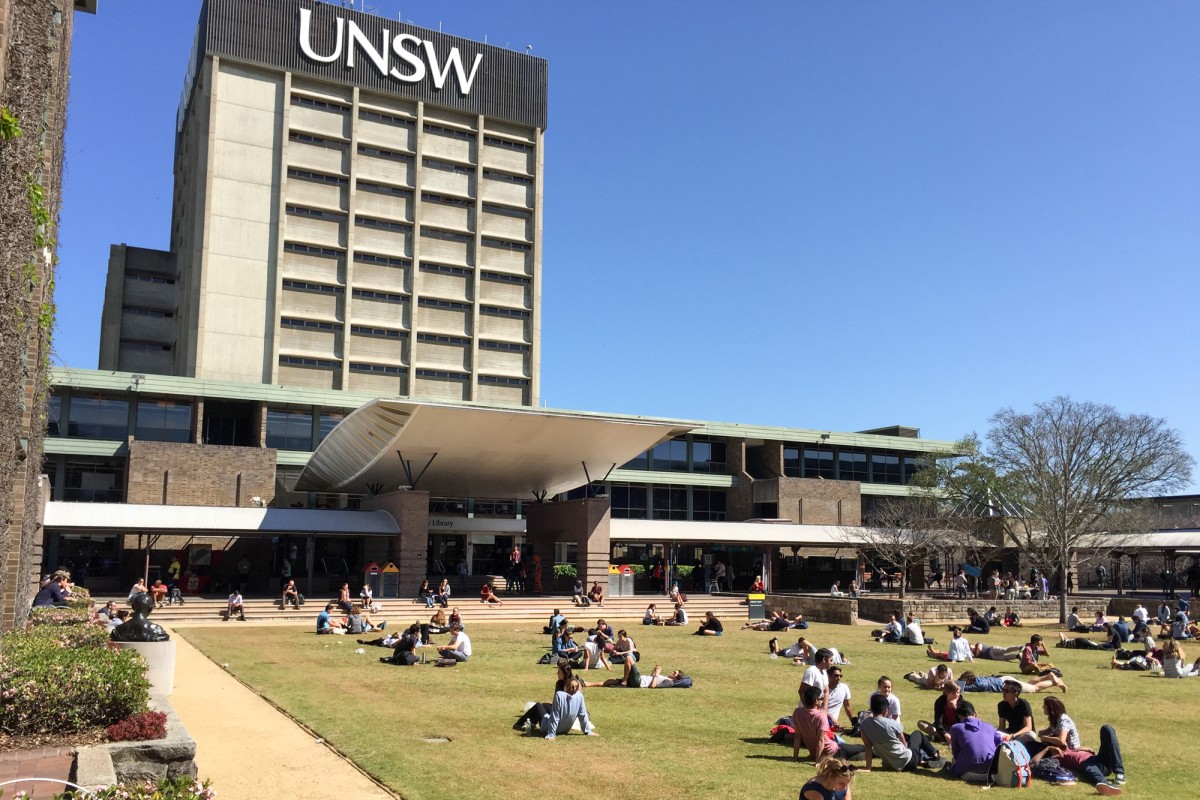
Say G’day to these top Aussie universities at IDP Education's Australian Top Universities Interview Day this weekend
Australia can be a great option for students who want to study abroad

If you’re looking to do your post-secondary studies abroad, then our neighbours to the south – far, far south – have some great options for you. To help navigate you through those options, IDP Education will hold the Australian Top Universities Interview Day on May 7 at the Eaton Hotel in Jordan. The event will feature seminars and student interviews from the Group of Eight (Go8), a coalition of leading Australian universities.
Go8 includes the Australian National University (ANU), the University of Adelaide (Adel), the University of Melbourne (Melb), Monash University (Monash), the University of New South Wales (UNSW), the University of Queensland (UQ), the University of Sydney (Sydney), and University of Western Australia (UWA).
To prepare you for the big day, Young Post asked two experts for some tips on finding the right school for you.
Hok Yau Club Student Guidance Centre director Ng Po-shing
You might be wondering if the courses at Australian universities will be recognised here in Hong Kong. Most graduates will be required to submit their qualifications for assessment through the Hong Kong Council for Accreditation of Academic and Vocational Qualifications if they pursue a further study at local universities or a civil servant position in the city.
The most complicated part of overseas study is acquiring the local or international professional recognition. You will need to check if your preferred course is recognised by the government or any local or international professional licensing bodies. For example, if you have completed a nursing degree overseas and want to work as a registered nurse in Hong Kong, you are required to sit for the Nursing Council Licensing Examination. But only 30 per cent of attendees passed the practical portion of January’s Nursing Council Licensing Examination for Part I (General) Registration, in January, and only 33 per cent passed the written part of last year’s exam. (Check here.)
To register as a physiotherapist in Hong Kong, you have to hold a degree in physiotherapy from a school recognised by the local physiotherapy governing body. The degree must follow a programme equivalent to full-time duration of no less than three years for undergraduate, or two years for post-graduate courses. The programme curriculum should also be recognised by the Supplementary Medical Professions Council, which includes at least 800 supervised clinical hours of physiotherapy practice.
Be familiar with the study pathways in Australia. Although the Interview Day will give you a lot of brochures to let you understand the various pathways to undergraduate courses, you should take a look at each university’s website and understand their academic entry requirements. Some DSE or IB candidates are able to study the Year One programme if they get a certain combined score.
The Australian universities also specify which subjects they will not count for 2017 intake. For example, when looking at your four best DSE subjects, ANU ignores Chinese Language, Physical Education, Technology and Living, Tourism and Hospitality, Health Management and Social Care, and Religious Studies.
DSE scores will be calculated in this way: 5** = 6; 5* = 5.5; 5 = 5; 4 = 4; 3 = 3; and so on.
Some subjects may also have additional requirements. For example, the Bachelor of Actuarial Studies at ANU requires IB candidates to have a score of 6 in Mathematics (Higher Level).
If you do not meet the entry requirements of your preferred courses, or if you are a Form Five student who has decided to study in Australia, an alternative pathway may be Foundation Studies. This one-year course, which also has entry requirements, will prepare you for entry to undergraduate programmes.
Australian universities require international students to meet a certain level of English proficiency. If you take the IELTS to show you meet the standard requirement, the University of Sydney requires an overall IELTS score of 6.5 with no band less than 6.0. But, it has higher requirements for some undergraduate courses at other faculties such as the Faculty of Law, which needs an overall score of 7.5 or better with no band below 7.
You don’t always need the IELTS, though. Check the university website to see if your DSE English score meets the minimum English requirement. For example, at the University of Sydney, a Level Five in DSE English Language is equivalent to a 6.5 on the IELTS. (Check here.)
Be realistic and evaluate your long term financial situation. The Australian dollar has sharply dropped recently, but exchange rates can fluctuate and you don’t know if the dollar will suddenly climb later. Talk it over with your family and make sure you can complete your schooling without causing a huge financial burden.
IDP Education Senior Manager Calvin Chan
Some Australian university courses, such as medicine, physiotherapy, optometry, veterinary, nursing, and psychology attract a number of Hong Kong students due to the limited places offered here at home. You can ask the university’s representatives how these subjects are different from Hong Kong’s and what professional qualifications you would acquire after completing the courses.
The Interview Day also offers you a good opportunity to learn about the special features of each university. For example, Melb, UWA, UQ, and the University of Sydney are particularly strong in health science. But bear in mind the researched-based Go8 universities are less likely to offer vocational subjects such as hotel management.
Start planning early. There’s no point considering your pathways after receiving the DSE results. You should ask more admission advice at other info days or overseas education fairs.
The Australian education system differs from Hong Kong’s as most undergraduate courses in Australian universities last for three years. And you’ll have to spend an additional year if you pursue an honours degree.
Most Australian universities start their first semester in February, and second semester in July, so this year’s DSE candidates will definitely miss the 2016 intake, and can only wait for the 2017 January intake. You should consider how to make good use of this half-year gap, by travelling, taking English courses, or getting a part-time job.
Get familiar with the locations, too. If you love the hustle and bustle of the large cities, you can consider the University of Sydney or UNSW, which are both located in Sydney. But ANU in Canberra will be a better choice if you prefer a less-populated, quieter, garden city.
